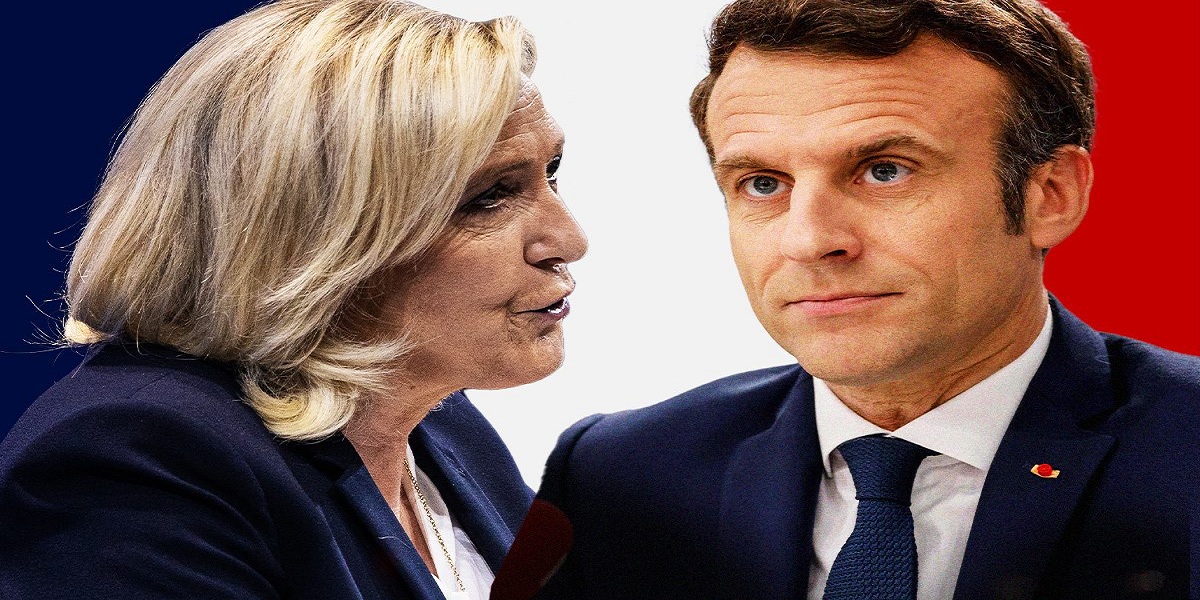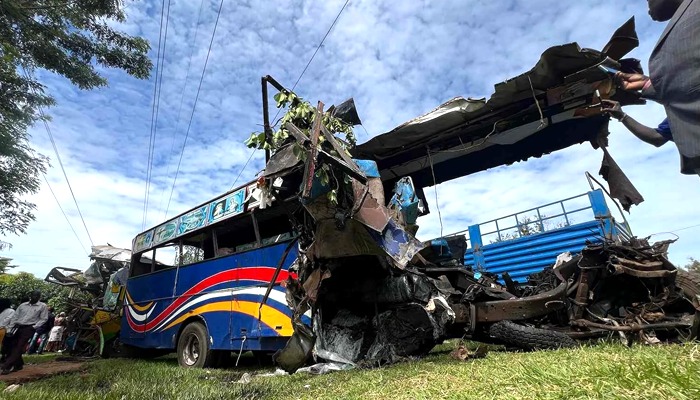After a tumultuous election campaign, France will decide on Sunday whether to extend centrist Emmanuel Macron’s five-year term or replace him with Marine Le Pen, the country’s first far-right president.
She faces an uphill struggle, with surveys indicating a possible 10-point advantage for her 44-year-old opponent.
Both candidates must appeal to voters who backed other candidates in the first round in order to win.
However, both of these personalities are divisive in France, and no vote is certain.
Mr. Macron’s critics see him as arrogant and a president of the wealthy, while the far-right leader has been accused of intimate links to Russia’s Putin.
Mr. Macron was elected on a frenzied promise of change, but many have yet to witness it. Protests, the Covid epidemic, and now soaring costs have buffeted his leadership.
Meanwhile, Marine Le Pen has learned from the mistakes she made in 2017 when she was soundly defeated by the same opponent in the second round.
This is her third attempt at the presidency, and if she is unsuccessful, it may be her final.
The huge uncertainty in this election is the number of people who will abstain from voting for either candidate, either by voting blank or by not voting at all. The majority of France is on vacation, and attendance may be historically low.
Although the campaign has been brief, voters have a clear option between a pro-European incumbent president and a populist opponent who wants to prohibit the headscarf and restrict immigration.
The polls will begin at 08:00 (06:00 GMT) and will close 12 hours later.
Whatever the outcome, Mr. Macron will address voters from a stage at the foot of the Eiffel Tower on Sunday evening.
The growing cost of living – known in France as pouvoir d’achat or purchasing power – has become the primary concern of French voters, and Marine Le Pen has pledged an early assault on the issue if she wins.
She has performed exceptionally well in smaller towns and rural areas that have struggled economically under Macron.
She won two weeks ago at La Ferté-sous-Jouarre, a charming riverside village an hour east of Paris. Cécile, sitting outside a bar, says the pandemic took a particularly harsh toll on the neighborhood: “Before Covid, there was a pub here named Avenue de Champagne, but it closed and the place is now deserted after 7 p.m.”
For the latest International News Follow BOL News on Google News. Read more on Latest International News on oldsite.bolnews.com





















